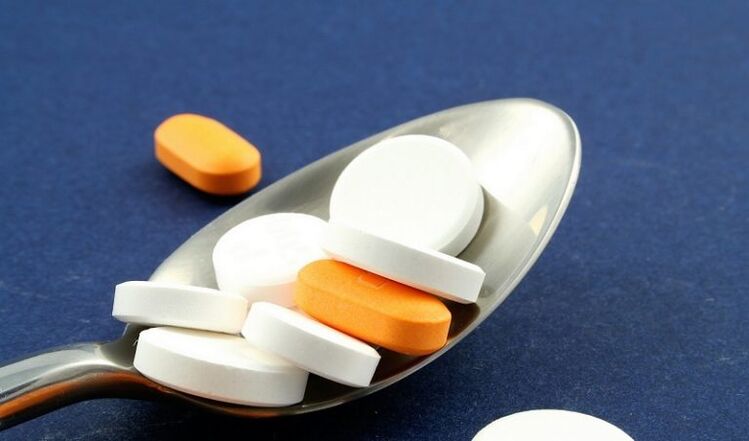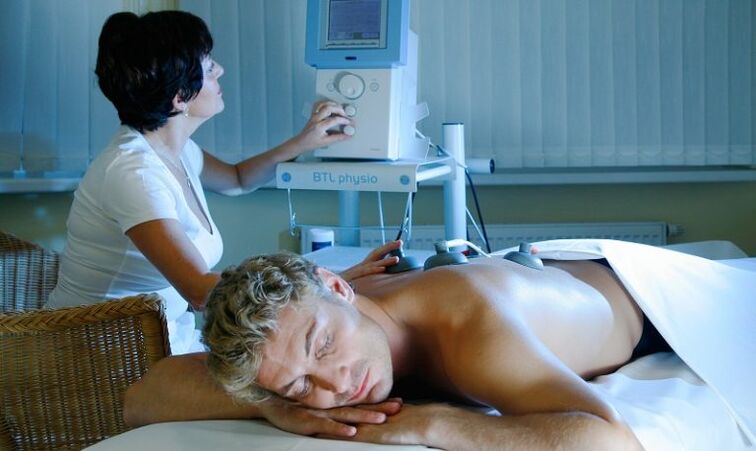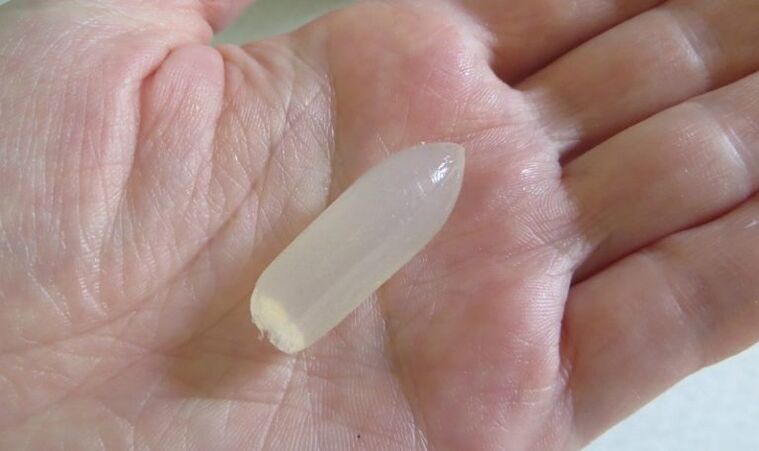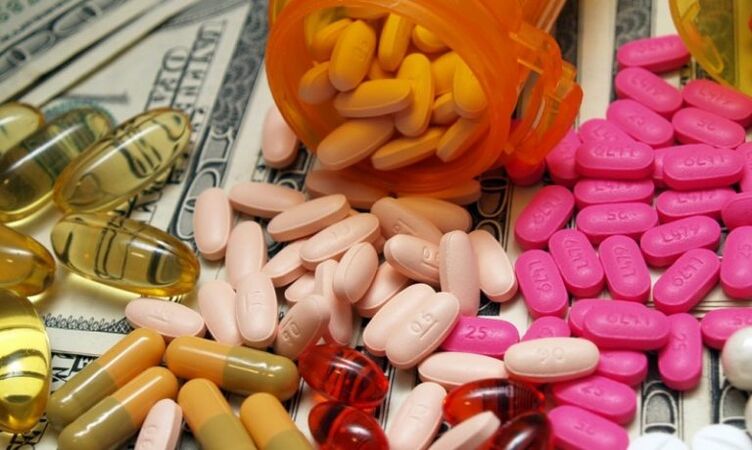A physician experienced in the treatment of prostatitis should be consulted. Based on the results of the test and the prescribed laboratory tests, a therapeutic program is selected.
In general, this is the 1 most effective method of treating prostatitis, taking into account the specific characteristics of the patient's state of health and 2-3 additional prescriptions that have an additional role.
Methods of treating prostatitis
In order to better understand which methods of treating prostatitis have the greatest impact, each should be disassembled separately. This gives us the opportunity to present the image of the treatment in more detail.
Antibiotic therapy
The most effective way to treat prostatitis is to take antibiotics as a cure. Because inflammation is most often caused by the pathogenic activity of pathogenic bacteria, the effect of the drugs must be to kill the microbes that are uncontrollably multiplying.

Intravenous or intramuscular drugs are prescribed in the acute form of prostatitis. After significant relief of symptoms, the patient is switched to an oral antibiotic.
Moreover, first of all, drugs with a broad spectrum of action are used. If a positive response is given from the body and the results of subsequent tests improve, the doctor will follow this treatment system.
If a specific microbe that causes an inflammatory process in the prostate is identified, treatment can be directed. Antibiotics are more likely to act bacteriostatically, meaning they are designed to prevent the colony from multiplying.
And the neutralization of existing microbes must be handled by human immunity. Such drugs have a milder effect on the body and cause virtually no side effects. They also destroy the beneficial intestinal microflora to a lesser extent.
Bactericidal drugs also play a role in the treatment of prostatitis. Their task is the complete destruction of the pathogenic microorganisms. They help cope with the problem as soon as possible, but require a long rehabilitation course after antibiotic therapy.
They are prescribed only when PCR and BAC urine culture indicate a single variant of the pathogen of prostate disease.
Prostate massage
The most effective way to treat chronic prostatitis is with a massage regimen. In terms of benefits, it bears little resemblance to direct prostate massage. No modern device can replace an experienced professional.
During the latent course of chronic prostatitis, prostate massage does not cause pain in the patient. The course usually includes 7-10 procedures, each lasting 1. 5-2 minutes. This time is intended to distribute 3-4 drops of prostate secretion through the urethra.
Each lobe of the prostate is massaged separately. The movements should be soft. The intensity is adjusted according to the patient's feelings. If the man feels pain, the doctor will reduce the pressure on his prostate.
Massage improves blood circulation, reduces swelling of the prostate lobes, normalizes the functioning of the urinary system. When the pathogenic microflora of the prostate is active, the organs are cleansed during the massage. The resulting secretion is sent for research to help clarify the diagnosis.
Physiotherapy
Physiotherapy is used as a complex therapy. The magnetic effect can subtly improve the condition of the prostate. Electrophoresis not only stimulates blood circulation but also promotes better outflow of stagnant prostate secretions. Warming down reduces the swelling of the prostate and provides a drainage effect.

Physiotherapy is the most effective way to treat prostate inflammation for sexual disorders. Stimulating the body’s protective potential helps fight pathogens in the inflammatory process. The swelling decreases and the rate of cell regeneration increases, leading to a rapid restoration of the healthy state of the prostate.
Suppository drugs
Rectal suppositories are prescribed for various forms of prostatitis. They may have antimicrobial and anti-inflammatory effects. Perform a preventive or curative function.
The advantage of cones is that they are targeted. If the effect of taking the tablets is to be expected due to the physiological nature of the body, rectal administration of the suppositories will help the immediate effect of the affected organ.

Suppositories may be antispasmodic. With painful contraction of the muscle tissue in the prostate, they are prescribed symptomatic treatment to help reduce discomfort and improve the urination process.
Rectal analgesics are also used. They relieve pain quickly and effectively. They act almost immediately. But these can only be prescribed by your doctor.
Biologically active additives
Biological agents help treat the prostate and have a complex or targeted effect on the body. There are no contraindications and they do not lead to side effects.

Of course, the appointment should be made by a professional who understands the effects of the particular drug. Dosage and dosage are determined individually. However, most patients note the positive effects of dietary supplements as both complementary therapeutic and prophylactic agents.
thus, we examined all methods of treating prostatitis. Your doctor will decide which is right for you. Under no circumstances should you recover and contact your doctor immediately if you have any symptoms.
























